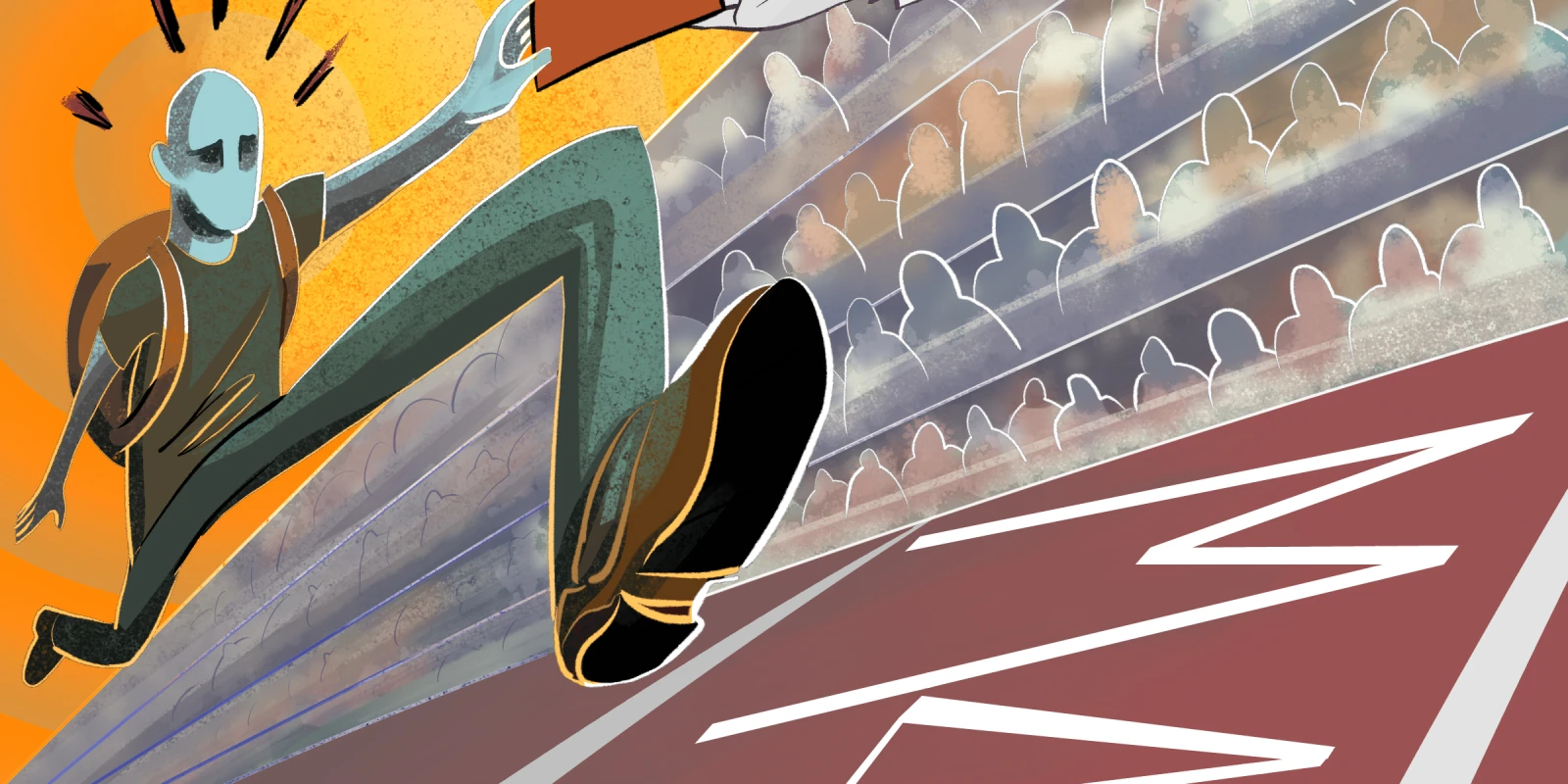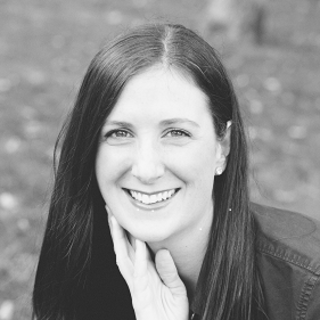
I applied to college in the late 90s. Computers weren’t a huge thing; I really only used my family desktop to log on to AOL to instant message my friends after school. Email had not really taken off yet. After picking out my colleges, I filled out all the boxes on my paper application in my neatest handwriting then sent it via U.S. Postal Service. I still remember waiting for letters from the admissions committees — analyzing the thickness of the packets to decide if I was accepted or not.
What a difference a decade makes. After college, I went to medical school, where I relied on computers in my daily life. March of my final year rolled around and, once again, I waited for an acceptance letter.
As medical students, we apply for residency positions at a number of locations. If we are lucky, we get interviews. Then, we rank the programs we interviewed at based on order of preference. The programs do the same. There is an elaborate computer algorithm that then “matches” the students with the residency programs and voila — for most of us, we get a match. Medical students find out where they will spend the next 3–7 years of their lives. This all starts with a generic “you’ve matched” email followed by a detailed assignment a few days later on the infamous Match Day.
Some schools notified you of your match assignment via email. My medical school had a much more exciting process. Or maybe one would consider it a more terrifying process, depending on the outcome. We gathered with our family and friends for lunch at a local banquet venue. The dean and medical school faculty stool in the front of the room, calling out each student’s name. As we walked up, by tradition we put a dollar bill in a jar. The idea was that the person whose name was called last would be the happy recipient of around $150.
They called each person’s name out randomly, reminiscent of Bob Barker calling out contestants on "The Price is Right" gameshow: “Lauren Kuwik, come on down!” Every eye in the room was on you as you walked up, put your dollar in the bucket, and reached out for your envelope. Some brave people opened it up right there in the middle of the room. Most walked back to their table, surrounded by the support of their loved ones as they learned their fate. I had a good idea of where I would match as I made my desire to stay at my medical school for the next phase of training clear. But even so, somehow I still worried that the computer algorithm would match me somewhere random that I never even ranked. What if I ended up in Omaha?
The drama was palpable, with Match Day like a cross between "The Price is Right" and "The Hunger Games". Many people were smiling, some happily jumping up and down, like they won the lottery. And there were a few memorable individuals outright sobbing due to matching at a place they didn’t plan. And in typical young-adult-fashion, it was all followed by a day of alcohol-laced celebration with classmates.
Ultimately, my classmates who were sobbing over their match ended up just fine. One who was shockingly assigned to Hawaii loved it so much she hesitated to come back to the east coast. It all worked out. I was talking to one of my fourth year medical students about my Match Day experience. He explained that now the school just hands everyone an envelope and they open it at one time; this seems like a nice way to be communal but still get a few seconds of privacy around this big news. As for me, I miss the days where if the envelope wasn’t thick, at least I could open it in the privacy of my bedroom, fully prepared for the possible rejection. With the stakes that high already, who needs more drama?
Dr. Lauren Kuwik is a Medicine/Pediatrics physician as well as a 2018–19 Doximity Author.
Illustration credit: April Brust






